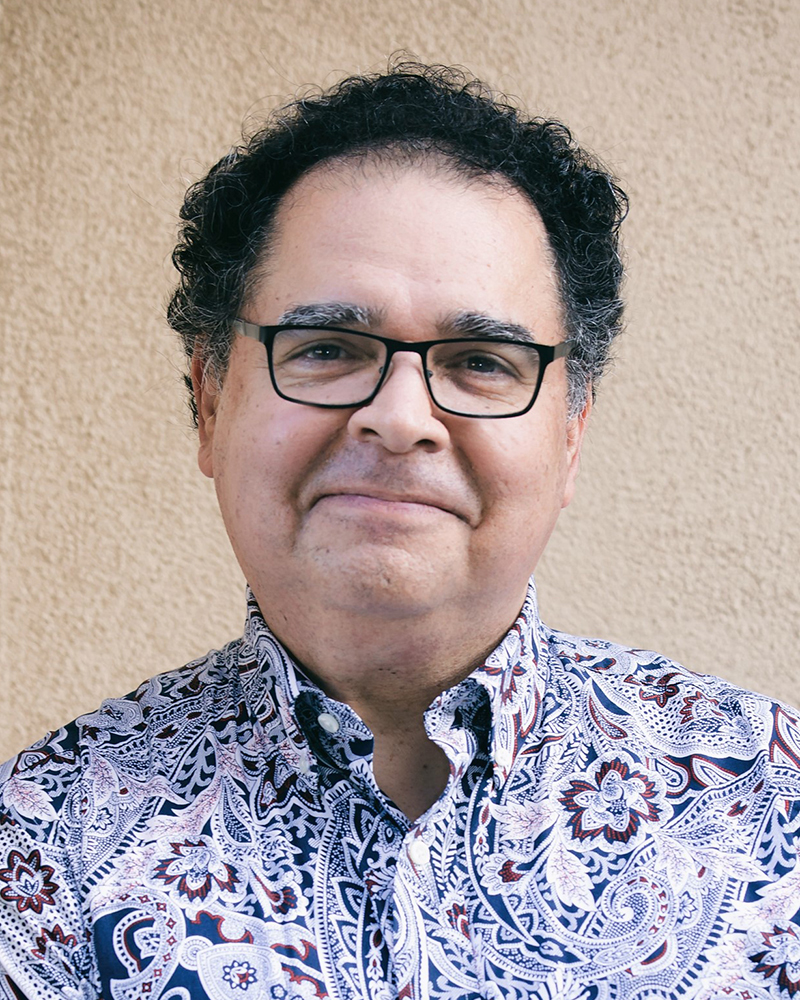
On an early morning of the summer of 2016, I was listening to the national news, just as I always do every morning: I begin watching at around 3 AM as a result of being a light sleeper. I was struck by an interesting report about how, in the process of inviting some mayors of cities which are close to the border with Mexico to a meeting, there were some people who had taken insult to the fact that the invitation had been written both in English and in Spanish.
There was even a statement that said “One nation means one language and I am insulted by the division caused by language.”
In my heart, I began recounting the many times that I had used English and Spanish in the last 20 years as a means of showing hospitality and as a bridge to unite two or more cultural groups who were living in the same zip code here in my parish in the Phoenix area. I could honestly say that the main reason I had used English and Spanish was to ensure that people felt included and welcome.
I am one of a handful of composers in this country who can compose liturgical music in Spanish and English. In all the years of writing ritual music for communities where English and Spanish are spoken, the ultimate goal has always been to provide music that these communities could use when they were worshiping in the same place at the same time. As brothers and sisters who are members of the family of God, I would write music in five languages if this meant that those groups would be able to share a moment of praise and worship together and to show each other that the love of God knows no boundaries.
However, in order to pray successfully in a liturgy that involves many languages, we must understand that at some point, we will have to give up part of our language during the process. We will also encounter moments in which we might not know literally what is being prayed or sung, and there will be moments in which we may want to take part in a prayer or a song and our tongues will twist and maybe even fail to be able to enunciate the words of the moment; but that is okay. An important trait of following Jesus Christ as our Lord and Savior is self sacrifice. Jesus teaches us to self empty and to pour out love toward others around us. Sometimes this means we have to give up part of our understanding of a liturgy so that others may feel included and welcome. If we grow in our faith and we begin to understand that in order to follow Jesus we must deny ourselves and die so others may live, then celebrating with members of the family who do not know English well becomes an act of love which takes us beyond ourselves and our own country.
I used to belong to Holy Cross Church in Mesa, Arizona. Our feast day was September 14, the Exaltation of the Holy Cross. On this day, we would invite all our community to a lovely multilingual Mass followed by an ice cream social. Since all our community celebrated together, we would get to sing in English, Spanish, Latin, Vietnamese, Tagalog, Malayalan (from India) and a few other languages. We were accustomed to celebrating this way at least four times a year, and we were enriched as human beings because we sang and prayed together in these different languages. In some way, we said “yes” to the invitation we received to come give praise and thanks to our God as different brothers and sisters. Having the courage to step into each other’s worlds, we sang and prayed in different languages and became united in the common thread which was our love for God and the love God shows us. We witnessed unity through our diversity.
OCP, by the way, has a wonderful repertoire of liturgical songs which may be used for these multilingual celebrations. I encourage you to explore these songs and, once in a while, offer one to your community to use as sung prayer. We live in a nation containing so many ethnic backgrounds, and some of us are woven together as a tapestry that follows Jesus Christ, messenger of life and of love. Death, fear, division and war have no room in our hearts, for God has conquered all of those things through the resurrection of his Son, Jesus Christ. And we, his followers, can sing a song of unity which contains many languages yet one meaning: Love to all.




